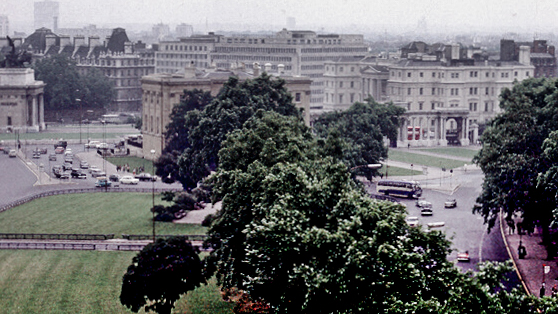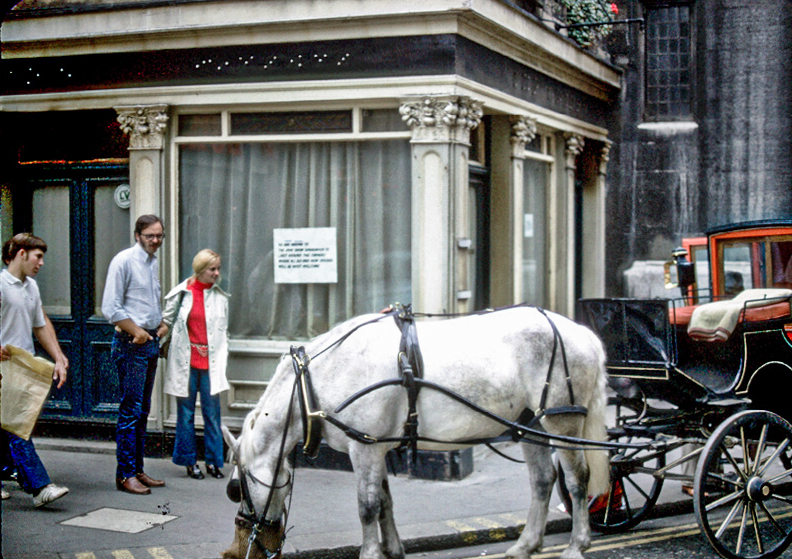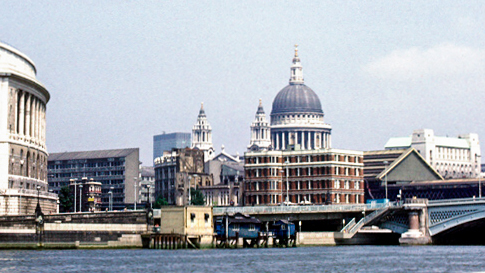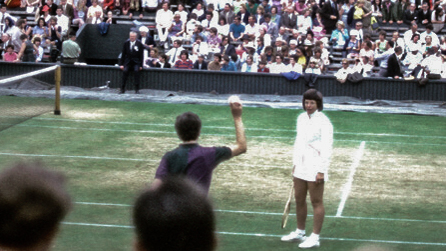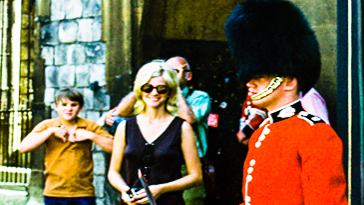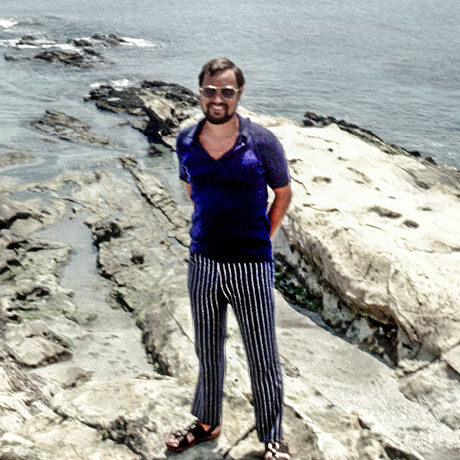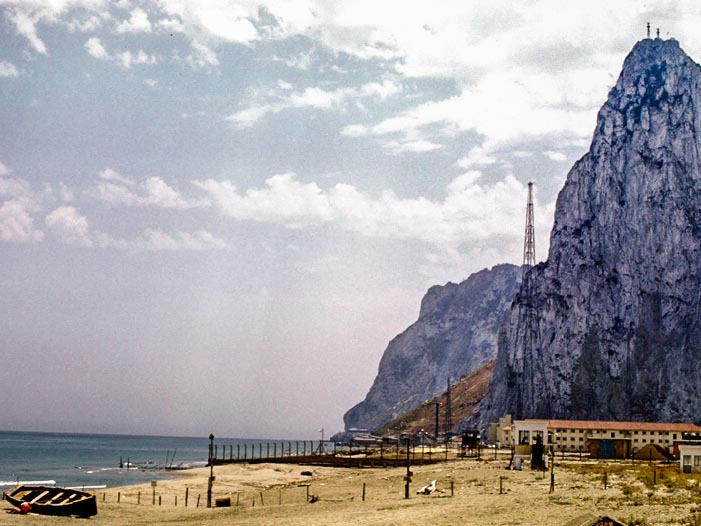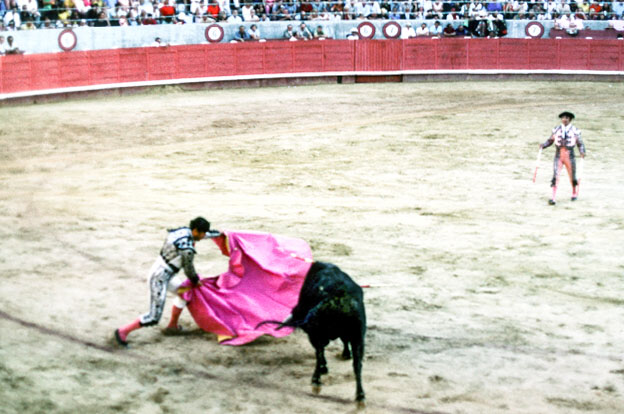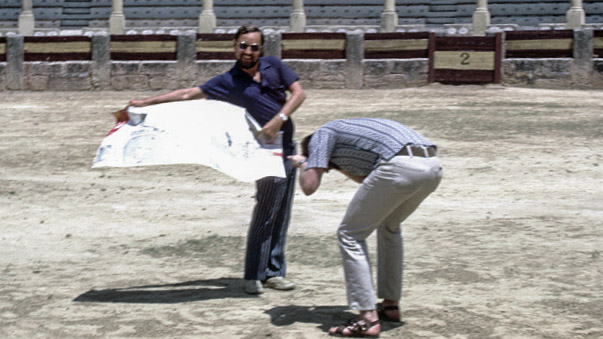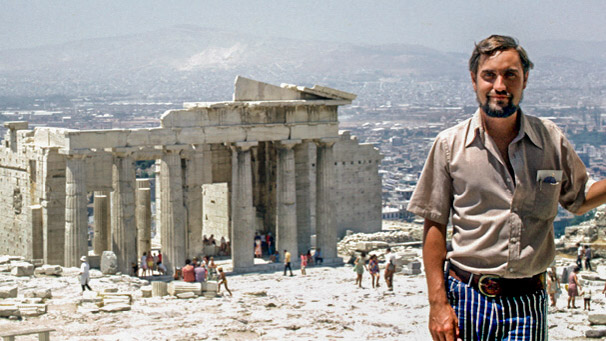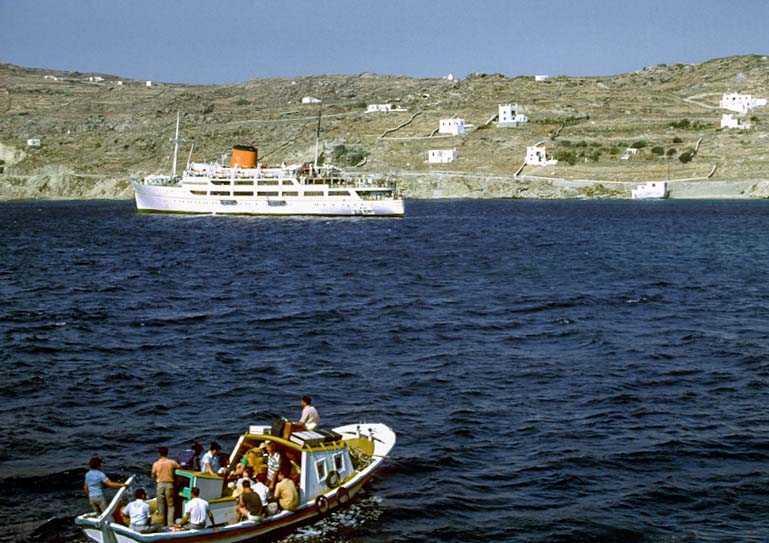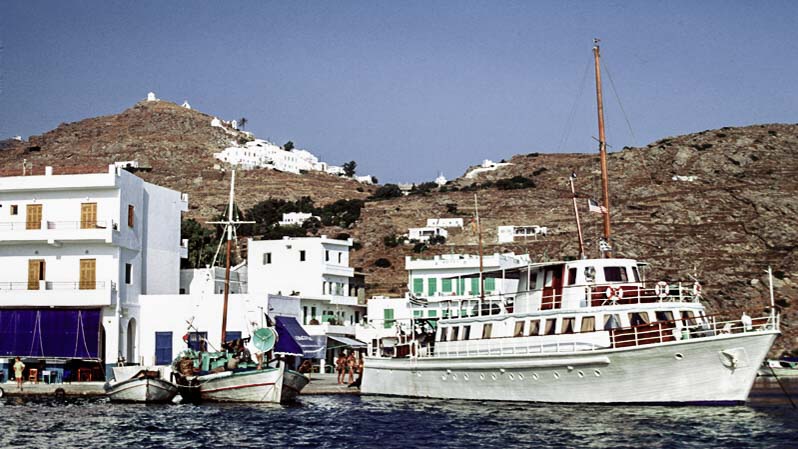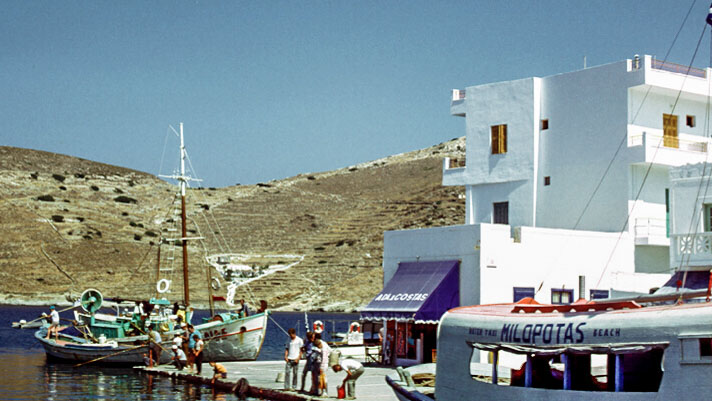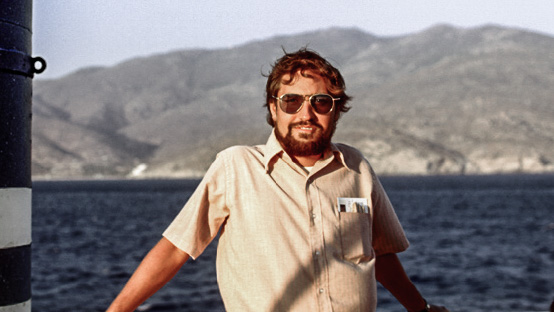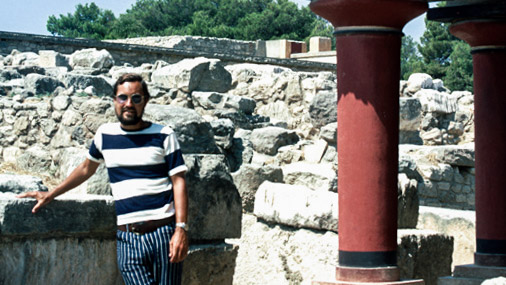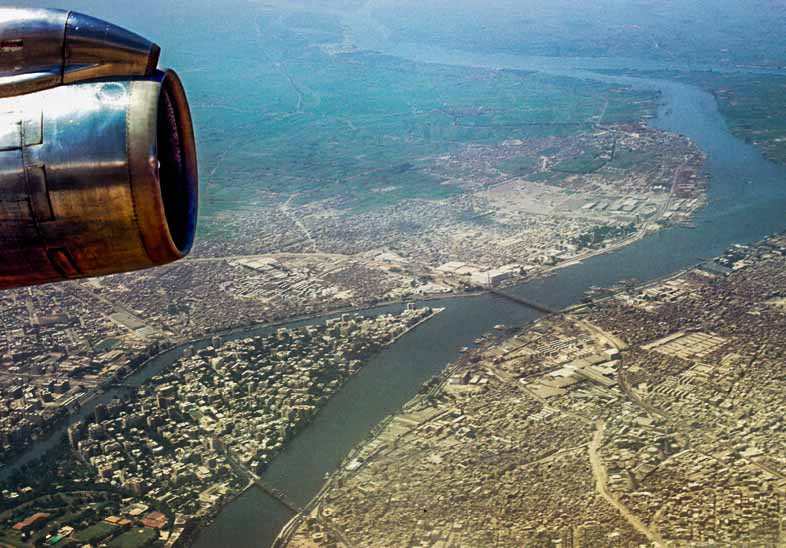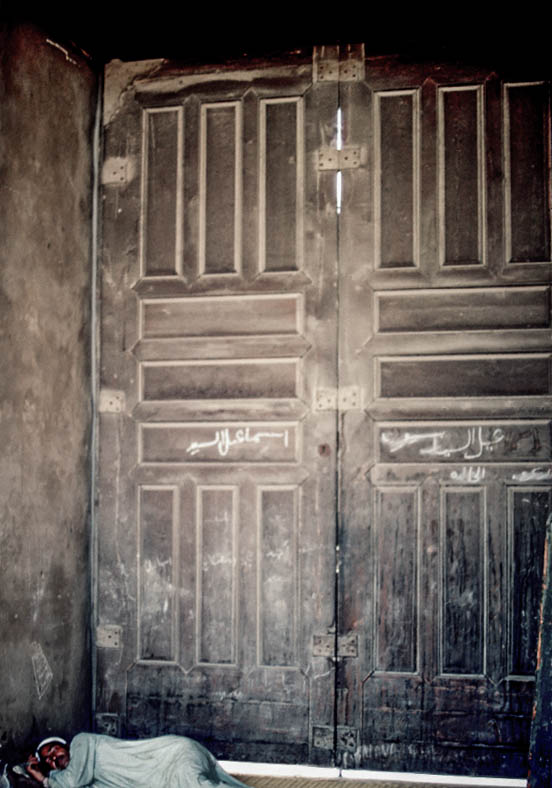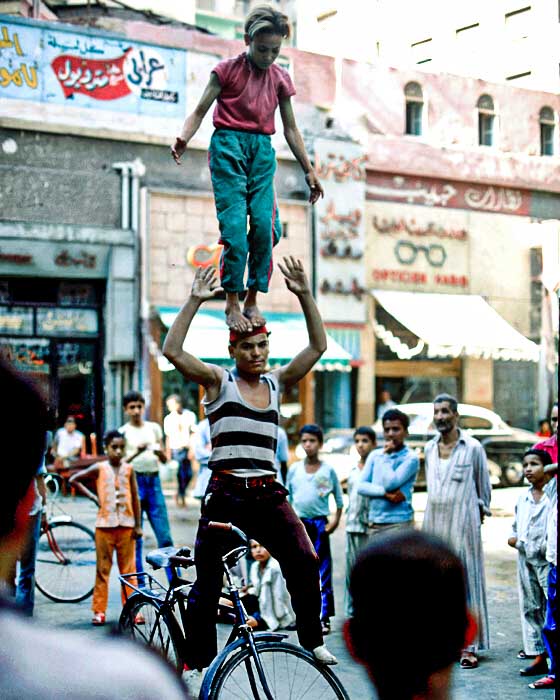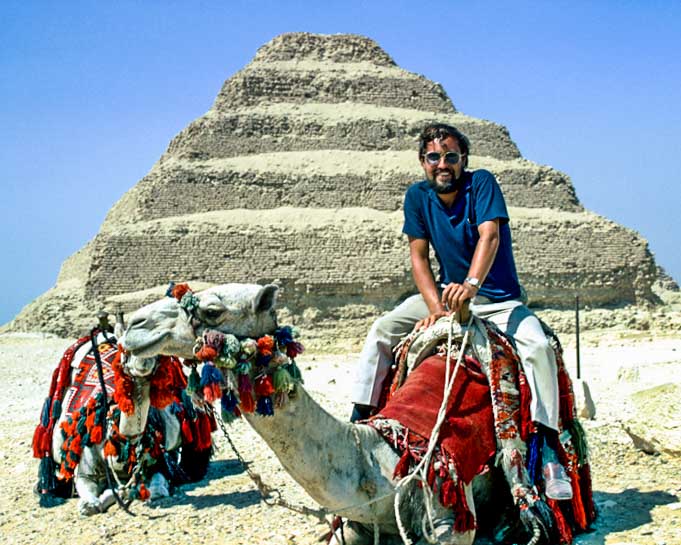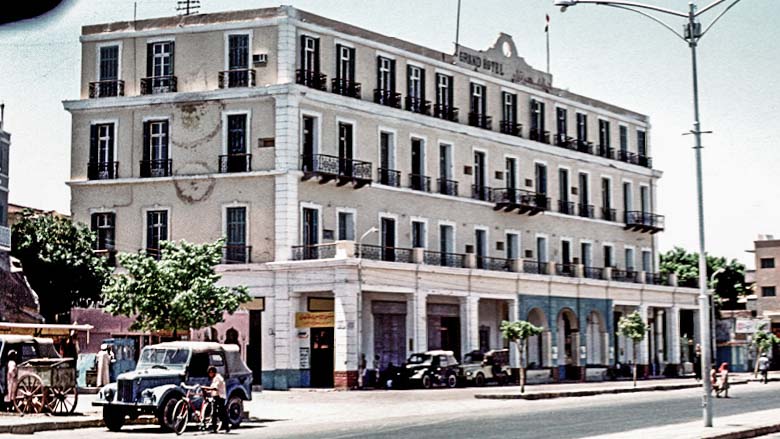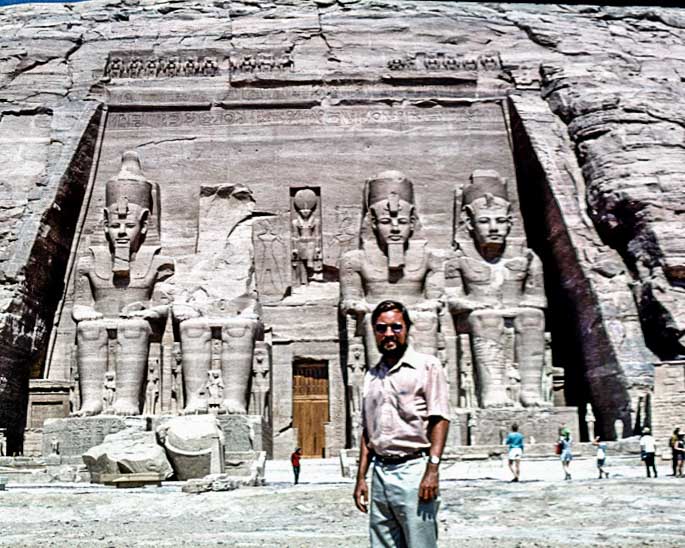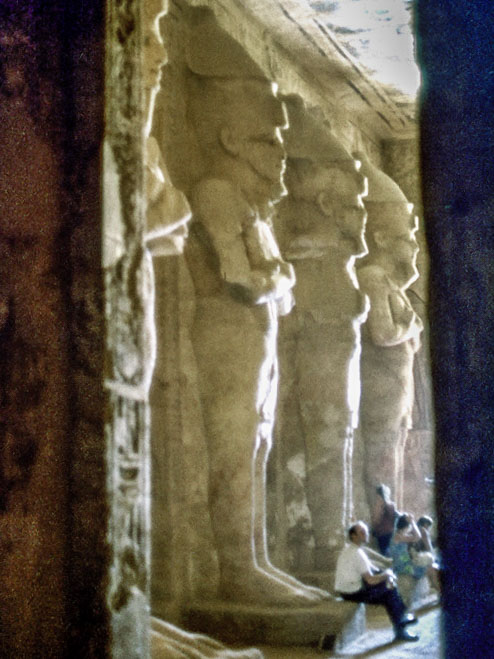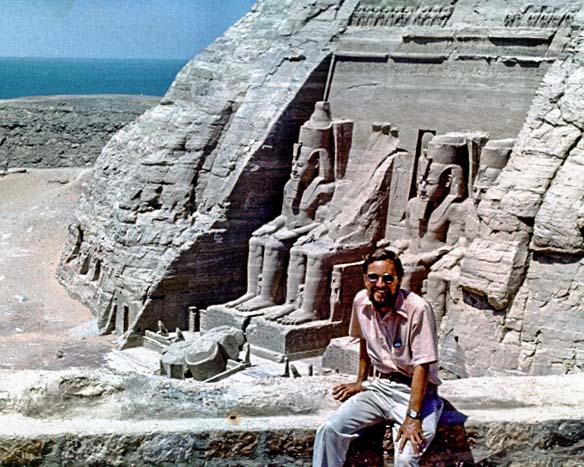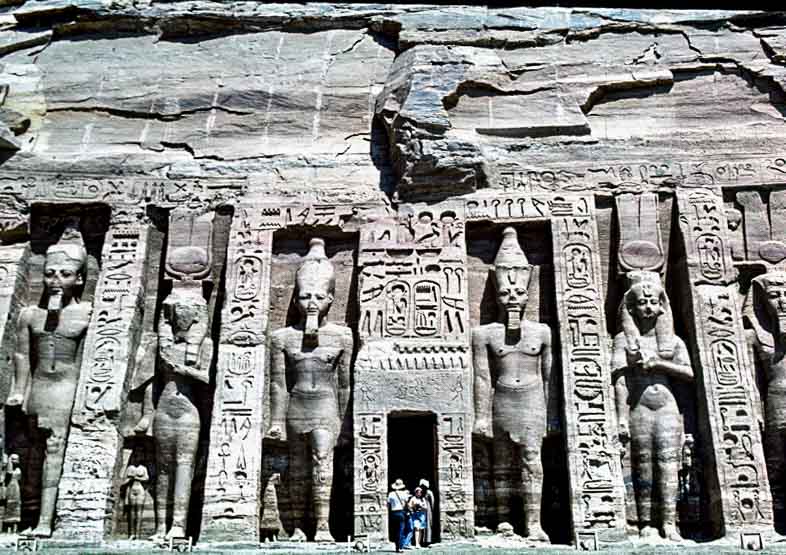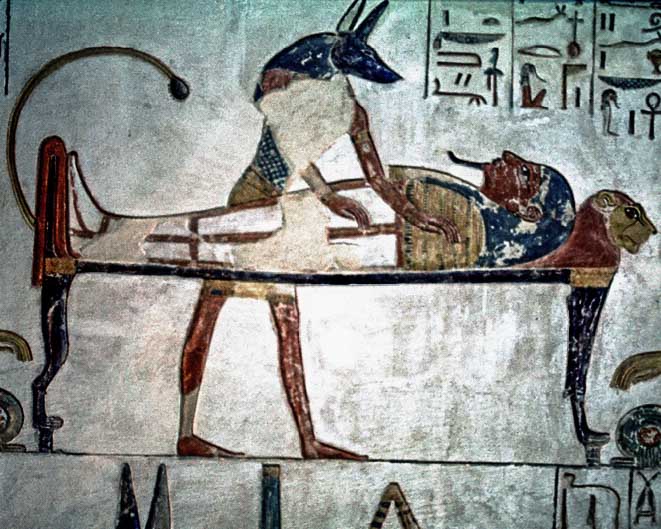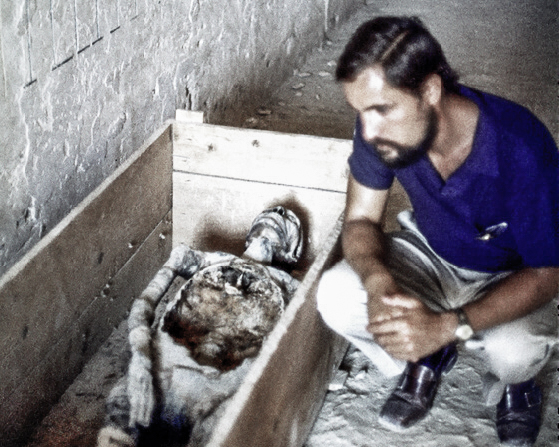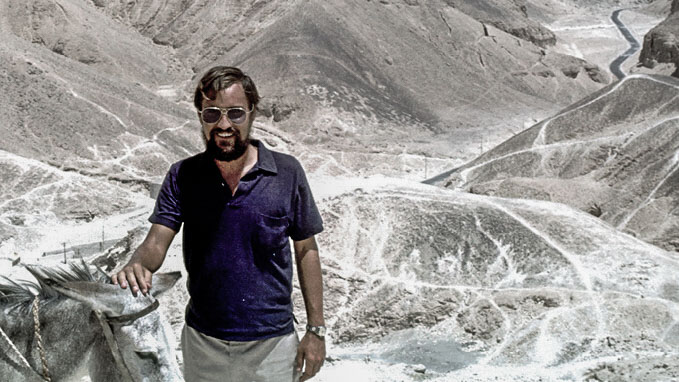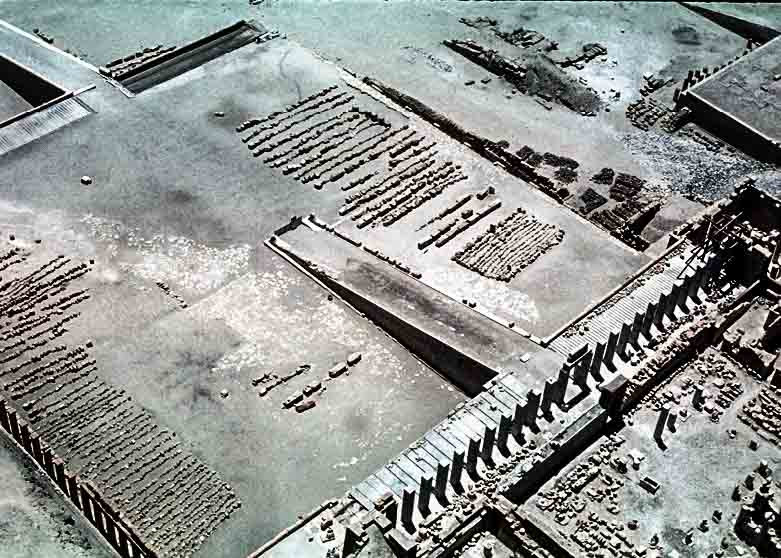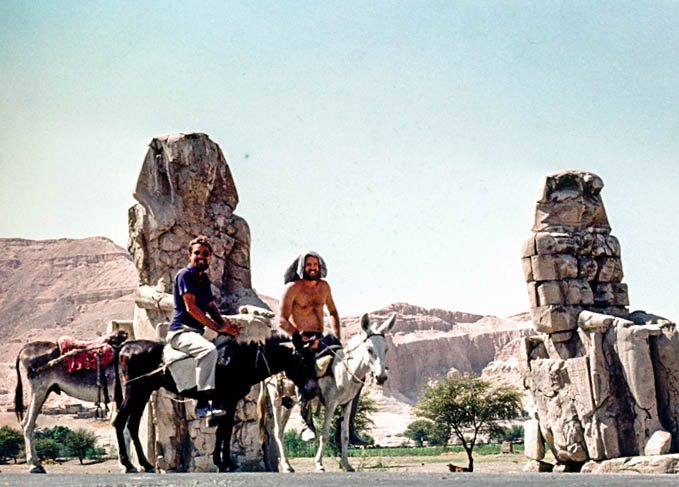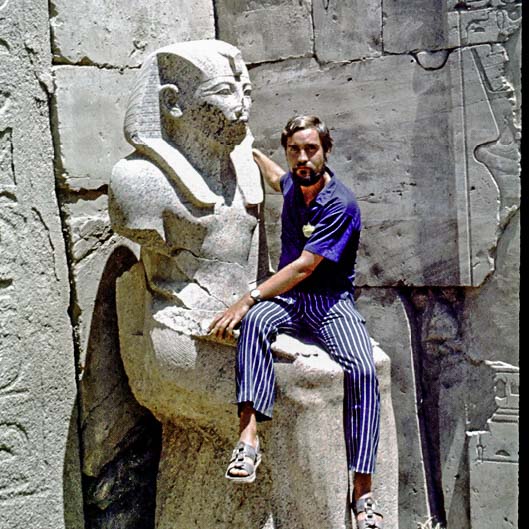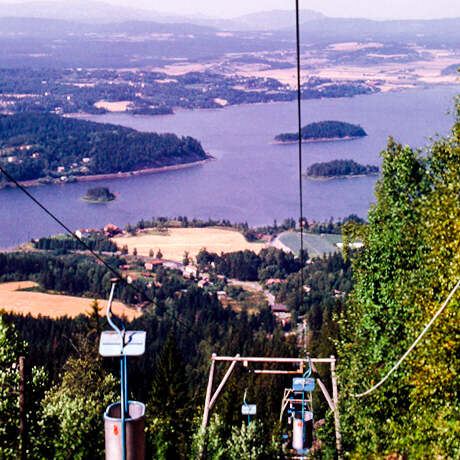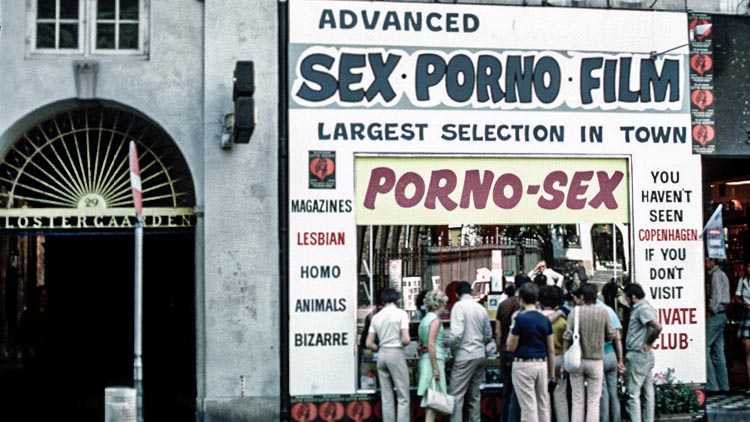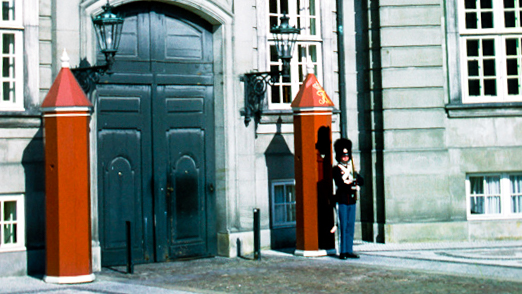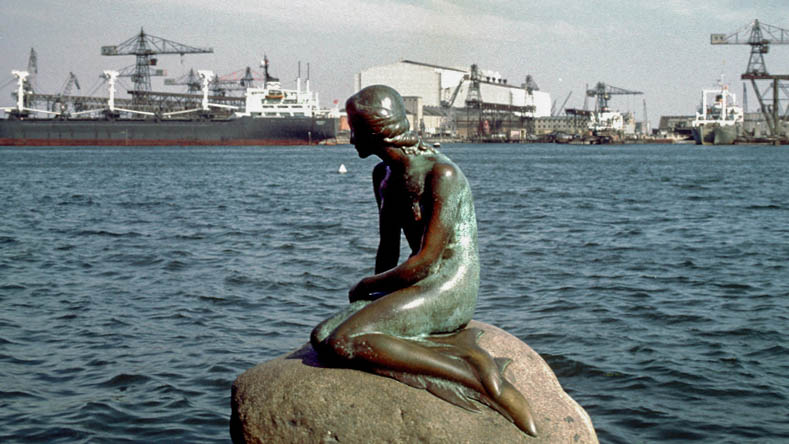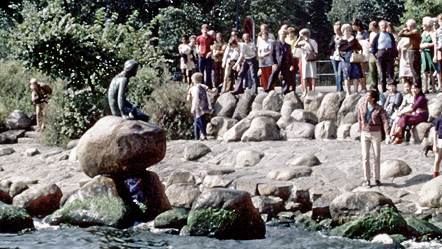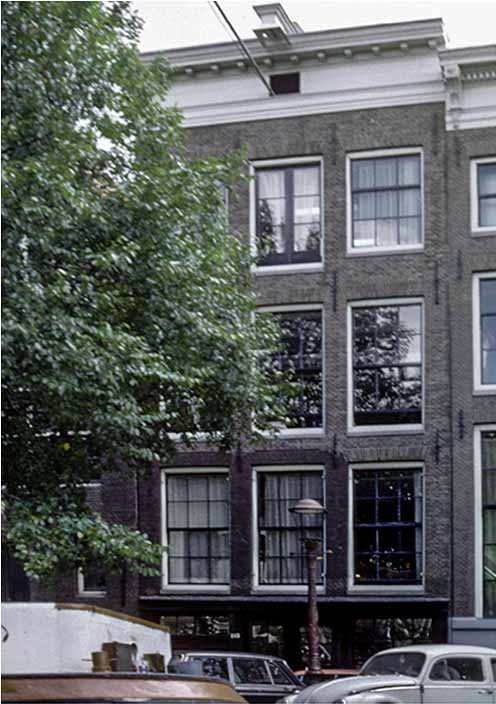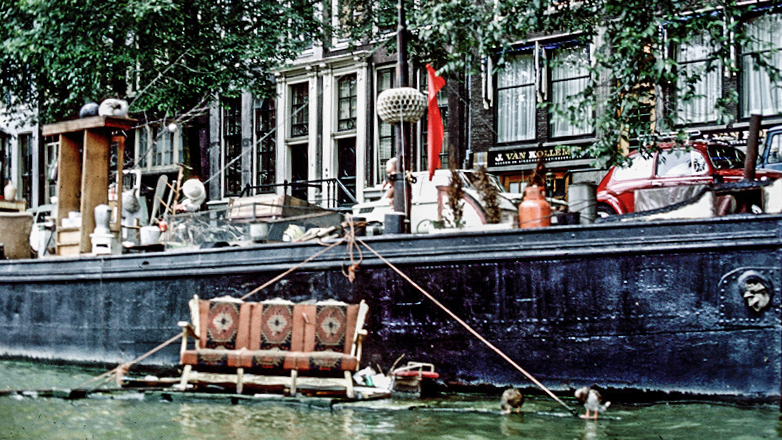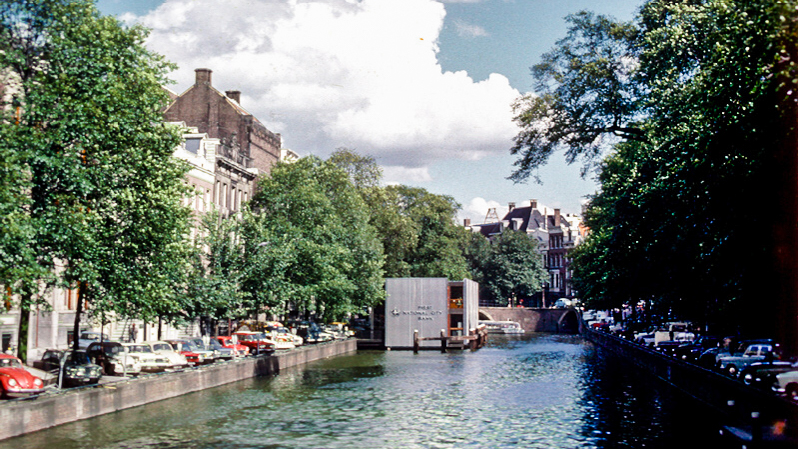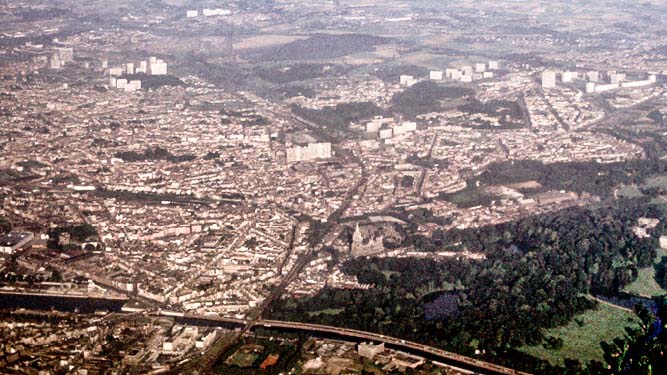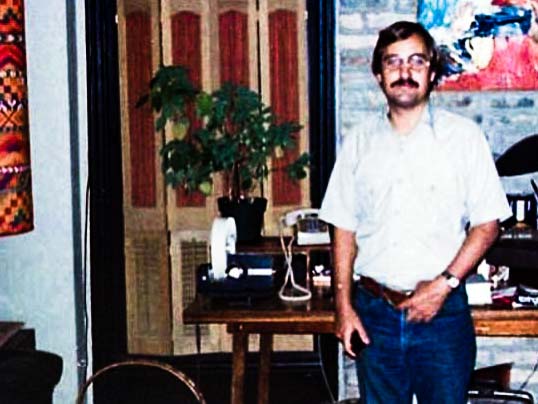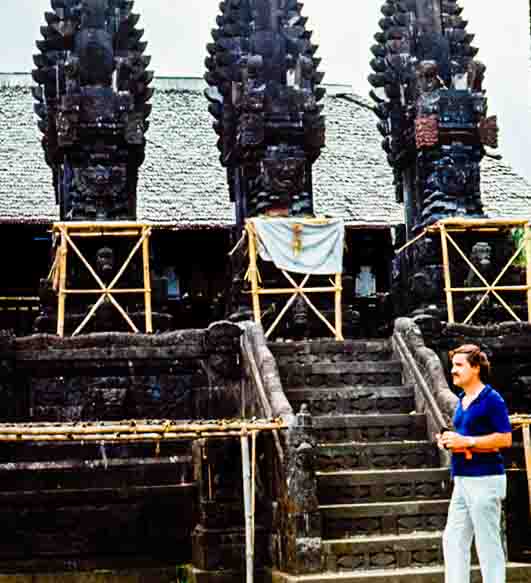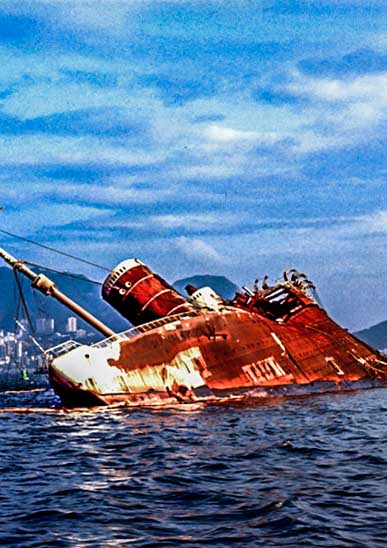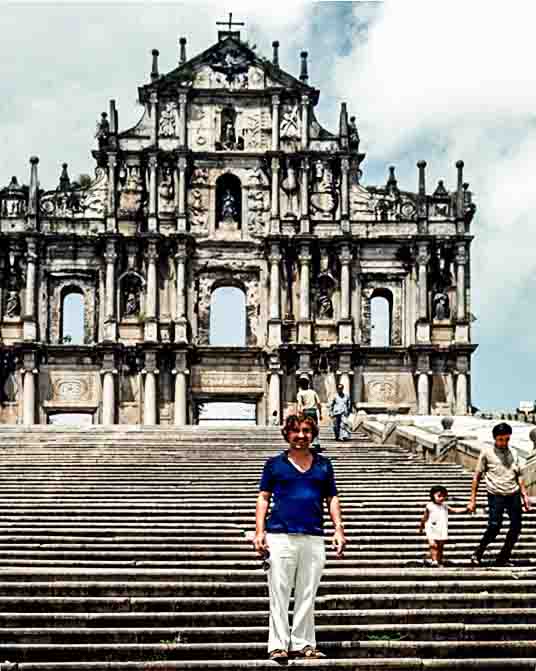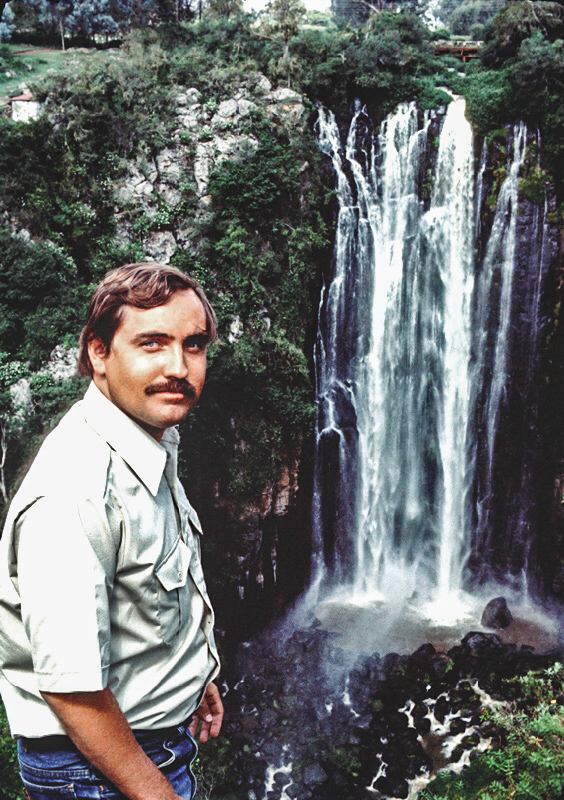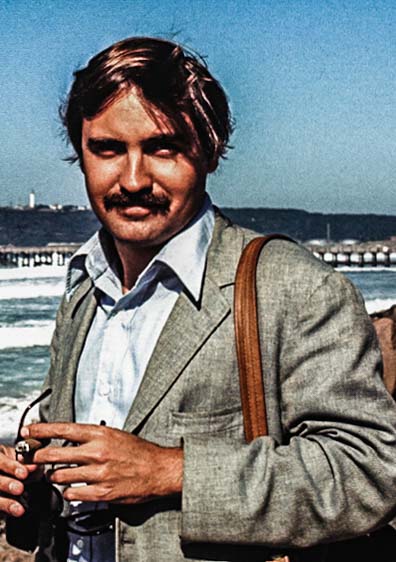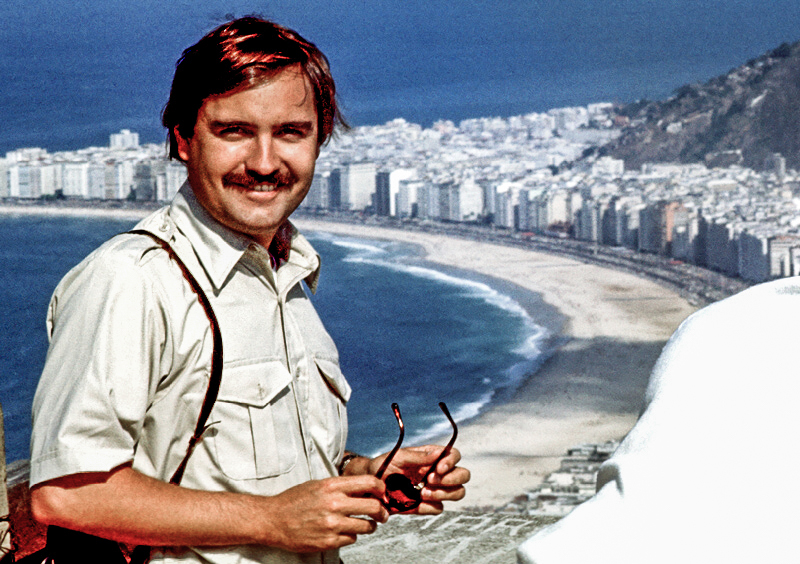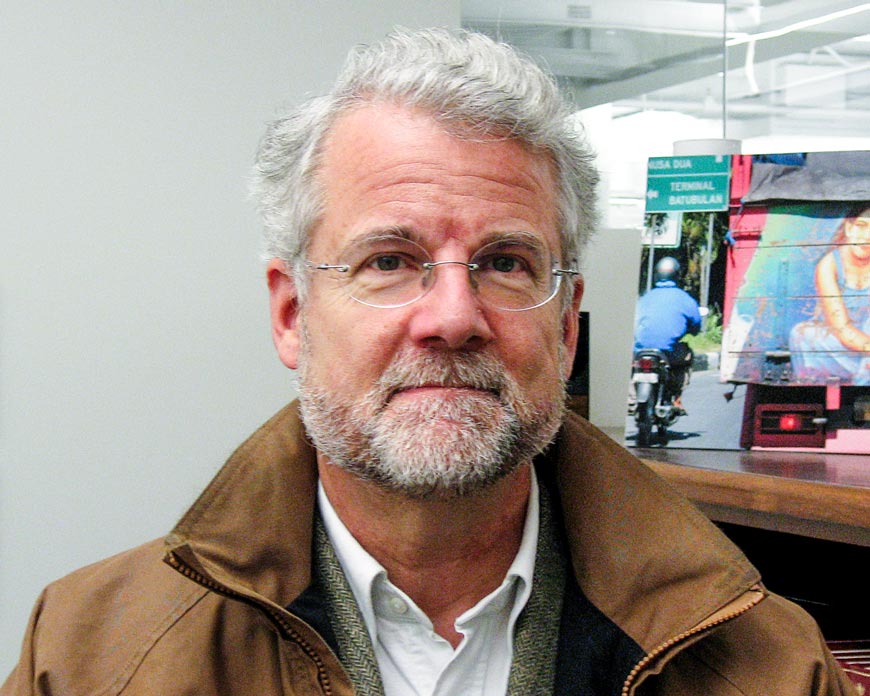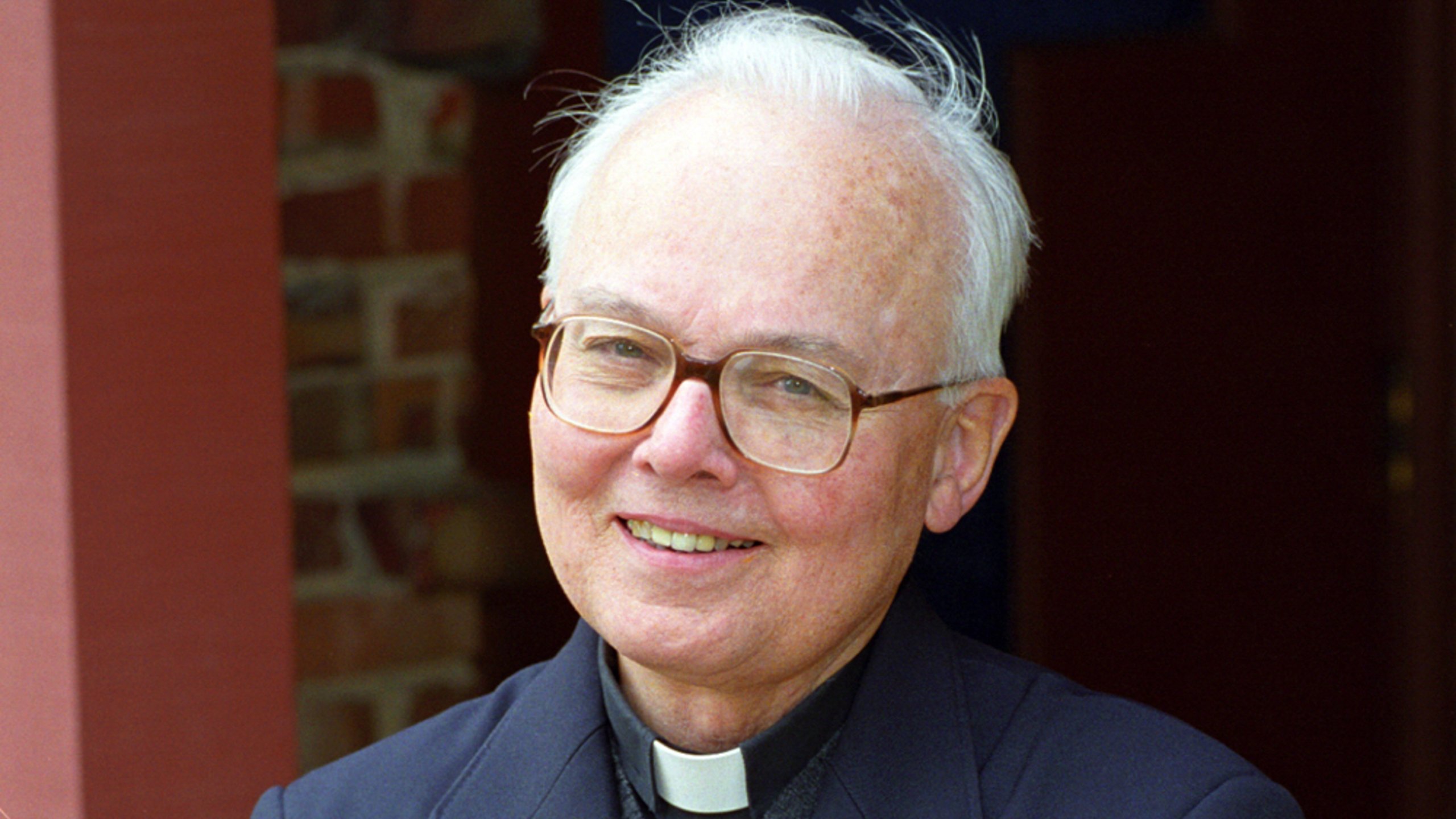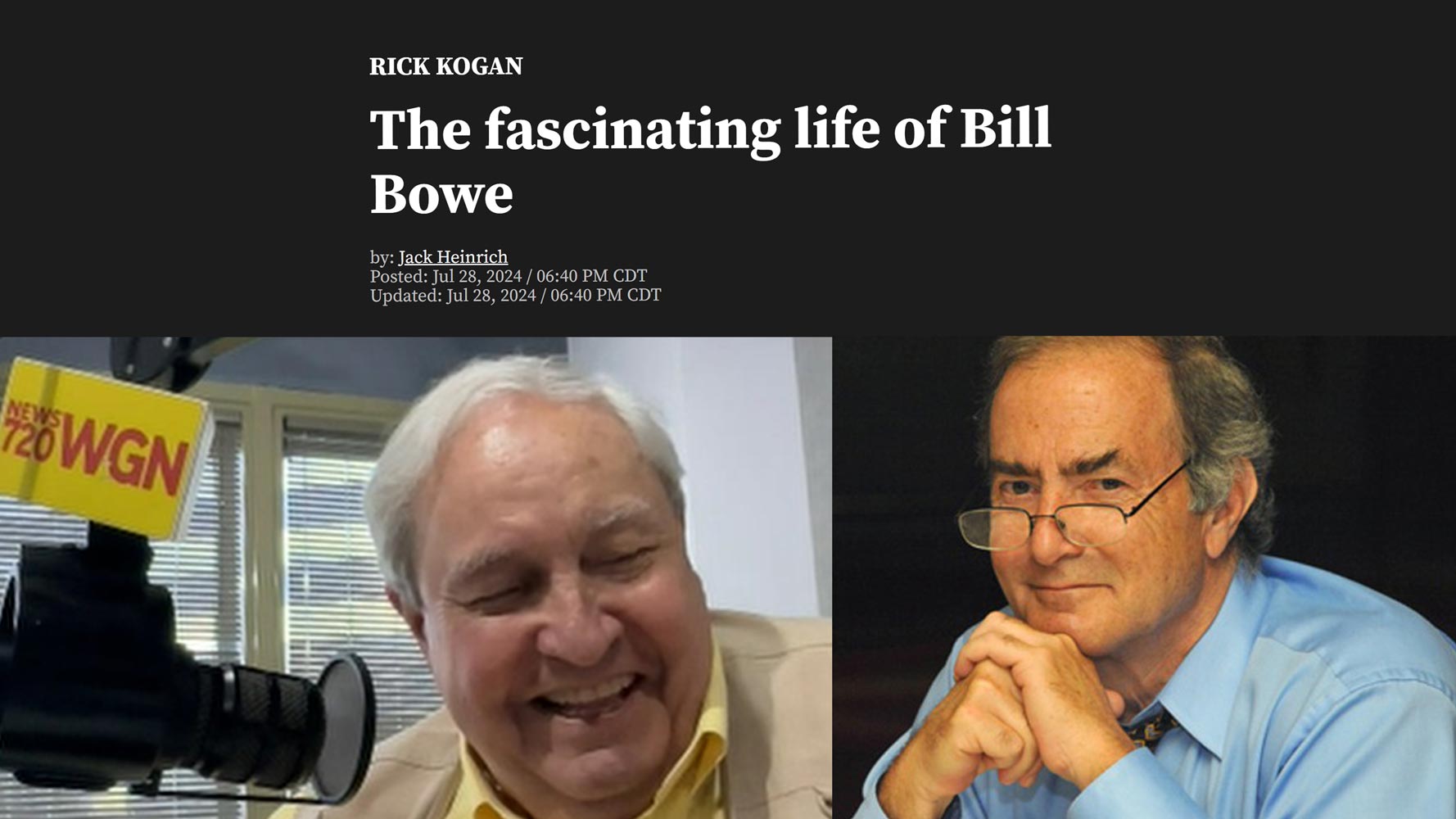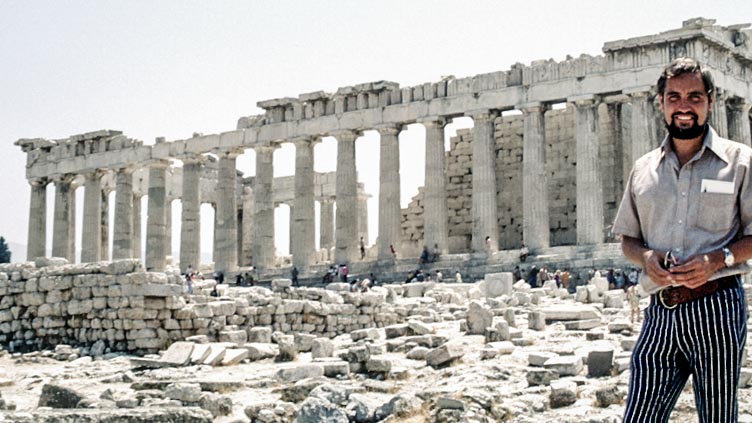
Settling Down in Life and the Law
Ill-Fated Book Attempt
Though I was discharged from the Army in May 1971, I didn’t plan to start work for Roan & Grossman (at the time Roan, Grossman, Singer, Mauck & Kaplan) until that fall. Though far from the Vietnam warzone, my Army work in its own way had been intense at times and I wanted a breather before resuming my legal career in earnest. As I exited the Army, I believed my three-year experience had been an extremely unusual one due to my work in the middle of the racial unrest of the day and the companion civil dissonance flowing from the war. I also thought a break like this would give me a chance to see if there was a book in me that might capture some of the bizarre events I had been witness to during President Richard Nixon’s first term in office. After several weeks of largely staring at my typewriter housesitting for a friend in upstate New York, I was rescued from my failing effort. I had only completed a single chapter. Worse, my meagre output only dealt with the evolution of domestic intelligence in the FBI and the military during the Red Scare in World War I’s aftermath.
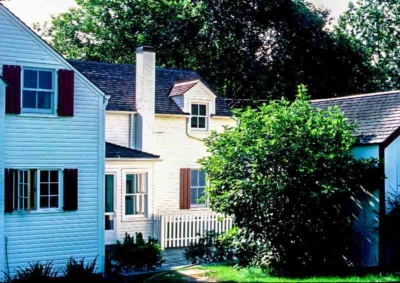
Writer’s block venue in Patterson, New York
Travel
My savior of the day turned out to be a friend I’d met in the Army in Washington, Larry DuBois. He had been a reporter in Time Magazine Washington bureau, but at that point had left to work as a freelance writer. He said he had been commissioned to do a Playboy Interview with movie director Roman Polanski at his home in London. In one of the more shocking events of 1960s America, Polanski’s wife Sharon Tate and others in her Los Angeles home had been killed in 1969 by followers of cult leader Charles Manson. It was to be Polanski’s first interview after the event. Larry wanted to know if I’d like to take a break and join him and his wife for some rest and recreation before and after his interview. With my writing task foundering, I leapt at the chance to plug a real vacation into the time gap I’d created before having to turn up to work in Chicago.
The London part of the visit lasted only about a week but was fascinating. We’d booked rooms at the Hilton Hotel on Park Lane near Hyde Park Corner. First off, I joined Larry for a tour of the nearby Playboy Casino. It was new and already running full tilt. Before long, Polanski’s chauffeur-driven Rolls Royce picked us up and dropped Larry off at Polanski’s mews residence for the interview. I had never imagined that just 60 days after mustering out of the Army, I would be chauffeured in solitary comfort back to my London hotel in the limousine of the Oscar-winning director of Rosemary’s Baby. After the Polanski interview had been completed, there was time for a cruise on the River Thames. We also took time to poke around Carnaby Street where we saw remnants of the London of the “Swinging ‘60s.” The fashion and cultural revolution that had brought stodgy and conservative London into the modern age was still in view.
Shortly after I had arrived in London, Judy Arndt, whom I had dated in Washington when I was in the Army, heard of our outing from Larry’s wife and joined the largely unplanned excursion. With a week in London passing quickly, we made side trips to see Billie Jean King play at Wimbledon and the busby-wearing guards in red tunics at Windsor Castle.
Then it was time to plot our next step by looking in the Sunday paper for a package trip to a sunny place. The task was to combine an inexpensive charter flight with a week’s house rental somewhere. With not many Englishmen wanting to vacation in the south of Spain in July’s Mediterranean heat, we quickly found a place. Our party of four was immediately enlarged when our mutual D.C. friend Bob Raymond heard about the plan. He promptly quit his job with the Navy and shortly joined us in San Pedro Alcantara, on Spain’s Costa del Sol. While there we drove along the Mediterranean coast to see the Rock of Gibraltar, took in a local bullfight, and paid an off day visit to the oldest Spanish bull ring in Rhonda.
With the others soon headed back to the States, Bob Raymond and I had time to burn before our next commitments. Bob would later be lawyering in the Washington for the Department of Health, Education & Welfare (now Health & Human Services), and for me it would be restarting life as an associate lawyer in Chicago, this time with the Ross, Hardies spinoff Roan & Grossman. Together Bob and I plotted an extension of our vacation to Greece and Egypt. On a leisurely pace we started in Athens and then headed from its port of Piraeus on ferries to extended stays in the Aegean on the islands of Ios, Santorini and Crete. Then it was back to Athens for a flight to Cairo.
In Cairo, we stayed in the 1957 reincarnation of Shepheard’s Hotel. The original Shepheard’s was a storied relic of the day European travelers were first discovering Egypt in the nineteenth century. The hotel seems set for yet another reincarnation with recent reports of plans to turn Shepheard’s into an updated outpost of the Mandarin Oriental chain by 2024.
After visiting the pyramids near Cairo at Giza, it seemed like a natural thing to hire donkeys there to head across the 13 miles of desert to the step pyramids at Saqqara. Saqqara was the extensive necropolis of the ancient Egyptian capital of Memphis. Then it was south from Cairo by overnight train to Aswan and the not so grand Grand Hotel. This was not long after the Aswan Dam on the Nile had been built and it had created the vast reservoir of Lake Nassar upstream to its south. The goal of this part of the trip was to take a hydrofoil 160 miles further south on Lake Nasser to the reconstructed temple of Abu Simbel. The temple and its four massive sculptures of Ramses II dated back to 1264 B.C. In an engineering marvel of the modern day, when Lake Nassar began to fill after the dam had been completed, the temple had been completely dissembled and reconstructed on higher ground. On our return north to Cairo we stopped at Luxor to visit the extraordinary Valley of the Kings. This was part of the ancient capital of Thebes and the burial place of many of the Egypt’s greatest pharaohs.
Bob and I parted ways in Cairo. He flew back to Washington and I headed north to first stop in Oslo, Norway on my way home to Chicago. I had time to hike in the nearby hills to the great ski jump used in the 1952 Winter Olympics. My stop in Copenhagen, Denmark gave me my first visit to the great Tivoli Park and awakened me to the more liberal sexual mores in evidence in its everyday street life. The guard at the palace entrance gave a more dignified look to the capital. I also took the first of many later trips down Amsterdam canals in The Netherlands and my last stop on the way home in Brussels, Belgium, gave me a nice aerial view of the city from my airplane.
From Elm Street to Lincoln Park
When my post-Army travels finished, I briefly bunked in my old bedroom overlooking Elm Street in Chicago. I had grown up in apartment 4B in the 18- story apartment building at 1120 Lake Shore Drive (now DuSable Lake Shore Drive). Arrangements had changed in my years away. My mother had graciously given up the master bedroom to her also widowed sister-in-law and former Trinity College roommate, Julia Bowe. My mother now had the smallest of the apartment’s three bedrooms. After Julia’s husband Gus died in 1966, Julia had carried on for a while in their apartment 4D in the same building. Then she and my mother came to a better solution. The two widows would reunite, just as they had as 18-year-olds starting Trinity together in 1919. They would carry on in life together in my mother’s apartment. Both their finances and social live enjoyed immediate improvement.
My stay with my mother and Julia was brief. Anxious to return to my life with no roommates, family or not, I soon found a suitable one- bedroom apartment on Belden Avenue in the Lincoln Park neighborhood. Both my mother and Julia had lost none of their mothering instincts and pitched in to make sure it was furnished in a warmer and more inviting manner than my bachelor instincts would have ever produced.
As a carryover from my Army service, for several years after my discharge I was eligible for group airfares available to military reservists and dependents. When I realized I could fly this way round trip from the Washington, D.C. to Bangkok, Thailand for $180, off I went on vacation to see the Far East. I went beyond Thailand on commercial flights to Bali, Indonesia, Hong Kong and Macau. I remember flying home from Hong Kong westbound our flight crossed Vietnam at 30,000 feet. With the war still on in 1972, you could see what looked like dozens of tiny, perfectly round lakes reflecting the blue sky above. These weren’t lakes, however, they were bomb craters filled with rainwater. On some of the greenery below was clear evidence of previous carpet bombing. My next long vacation trip took me to Africa, with a stop in Rio de Janeiro, Brazil on the way back.
A Personal Detour
As I began to get my feet wet in private practice in the early 1970s, for the first time I felt I had stable employment for the long term and earnings sufficient to marry and have a family. While that remained a distant goal, it was still not a near term one for me my first three years out of the Army.
In 1972, as I was settling into my life in my Belden apartment, Judy Arndt decided to leave her staff job on Capitol Hill in Washington, DC and move to Chicago. Initially she lived not far from my Belden Avenue apartment with her sister Connie and her husband, my law firm colleague Bill Singer. At this point we began to date one another again, though not exclusively.
Sometime later, she said she wanted to move along from her sister and brother- in-law’s apartment and broached the idea of moving in with me, I thought that would be just hunky-dory, as long as both of us were free to still see other people. Living together in this fashion seemed to be a good idea to both of us at the time, but it worked only for a time and after a while she told me she wanted to move along from the relationship if it was not going to lead to marriage. Initially, I was shocked. That wasn’t what we’d initially agreed to. However, as the reality of possibly breaking up with her sank in, I had to confront the depth of my feelings for her in a very direct way. I really didn’t want to lose her. While I had been completely adverse to making a lifetime commitment to anyone up to that point, it gradually dawned on me that it was past time to get over my earlier wariness of marriage. Judy and I proceeded to inform our families of the news and we began planning a wedding.
We married in June 1974, but married life did not stay hunky-dory for long. My earlier dillydallying in arriving at the commitment to marriage seemed to have lit a slow burning fuse in Judy and before summer’s end and she abruptly moved out of our seemingly happy home without a word of explanation. This gave me a whole new appreciation of the famous line in Paul Newman’s movie Cool Hand Luke, “What we’ve got here is failure to communicate. Some men you just can’t reach.” The separation was followed in due course by counselling, a brief reconciliation, and a divorce. I was upset and mystified by the abrupt change in circumstance, but it happened to coincide with my leave of absence from Roan & Grossman to work on Bill Singer’s mayoral campaign. There’s nothing like the chaos of a political campaign to take you mind off a little chaos in your personal life.
Back on the Main Highway
In my case, the campaign had later significant and unforeseen carryover effects several years later. The former campaign treasurer later introduced me to a co- worker of hers, Cathy Vanselow. Cathy had grown up in Springfield, Illinois and was then working at the headquarters of a chain of paint and wallpaper stores training employees. She was smart, funny, and ready for high adventure if the occasion called for it. She proved this for me when on one occasion, with almost no notice, I asked her if she’d like to join me to and immediately fly to Florida. I was a late invitee to a memorial celebration my new employer Rod MacArthur was having in honor of his recently deceased father, John D. MacArthur. Cathy grabbed the last of what she needed for the trip at O’Hare Airport as we scrambled to get on the chartered jet to Palm Beach.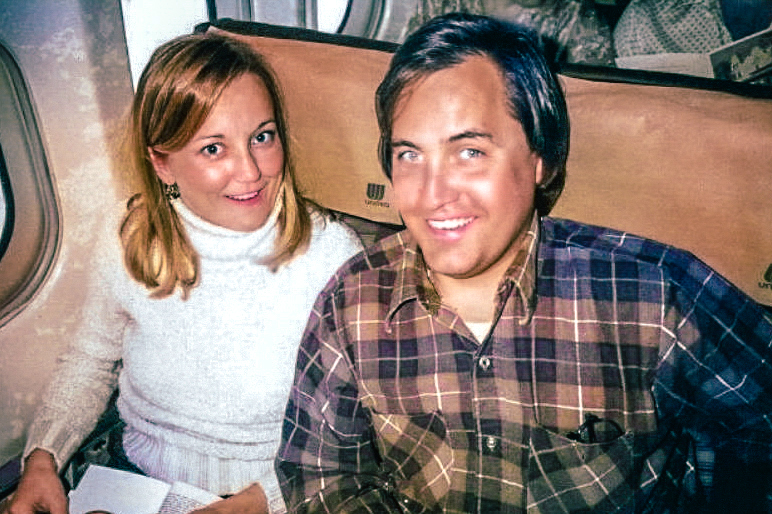
Cathy and I went on to marry in 1979. Our first son Andy was born prematurely the next year, and our second child Patrick came along in 1985. There hasn’t been a day since we were married that I haven’t felt lucky to have fallen in love with her and been able to share with her the joys and parental worries that inevitably come with family life. While I’m made some whopping mistakes in my life, the decision to ask Cathy to marry me was clearly the smartest thing I ever did.



